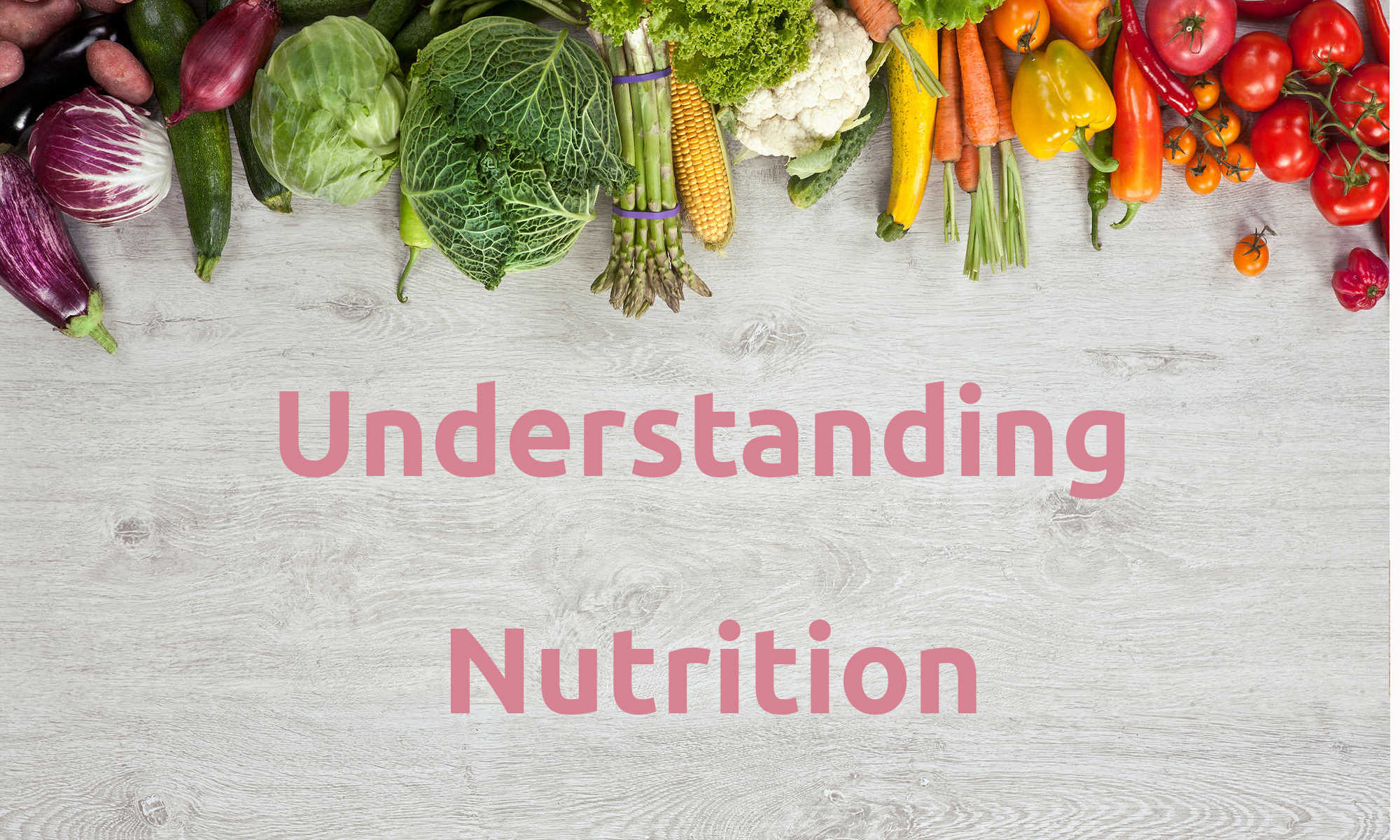
Parkinson’s disease (PD) is a major neurological disease, second only to Alzheimer’s disease, affecting an estimated 8,5 million people in 2019 according to WHO.1 More alarming is the fact that the incidence of Parkinson’s has increased by over 100% since 2000 and this is accelerating. Continue reading “Lifestyle Changes Can Help Parkinson’s”




